Record revealed
List of people summoned to the 1265 Parliament
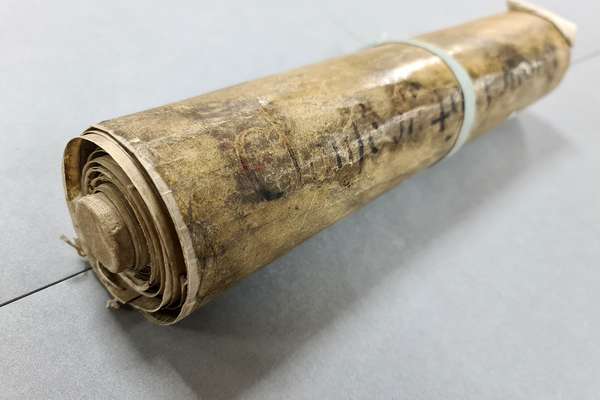
This document records the first time that citizens outside of the elites were invited to join an English parliament – without being asked to support new taxes.
Browse and explore the human stories behind The National Archives’ collection.
Record revealed

This document records the first time that citizens outside of the elites were invited to join an English parliament – without being asked to support new taxes.
Focus on
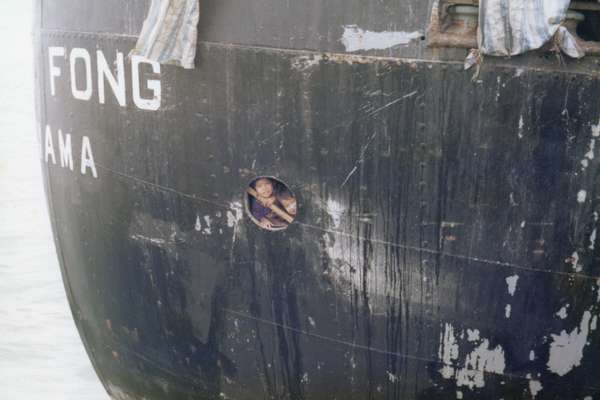
In December 1978, Vietnamese refugees seeking asylum aboard the Huey Fong were refused entry to Hong Kong. Records we hold document the 34-day standoff.
Focus on
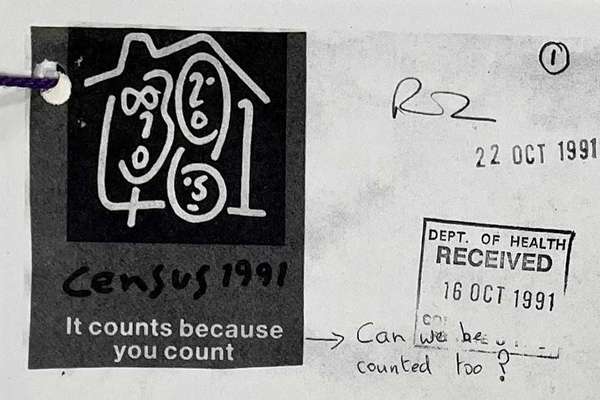
Until 2021, the census did not ask for information about sexuality. One letter in our collection gives a personal perspective on why this data was needed.
Record revealed
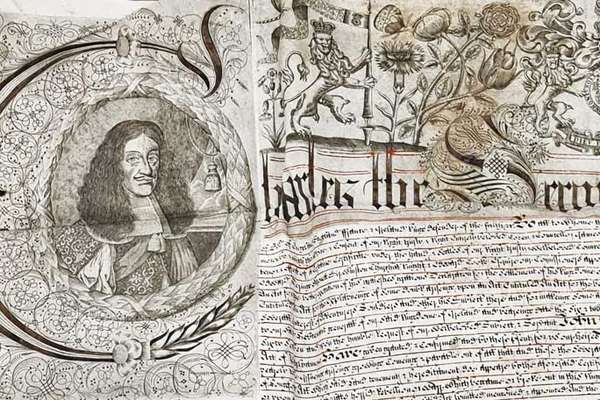
This unexpected gem is a document granting land in Ireland to a John Farrell. Attached is the Great Seal of Ireland, indicating approval from King Charles II.
The story of
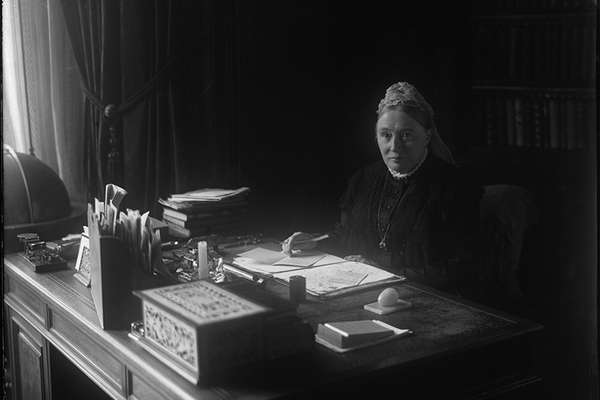
Sophia Jex-Blake (1840–1912) was a physician and campaigner who fought for women’s access to university education.
The story of
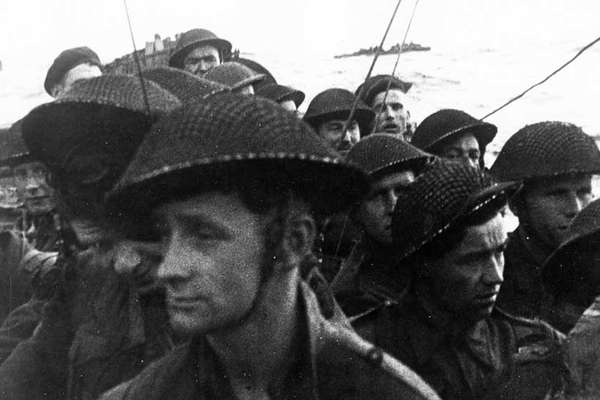
The largest seaborne assault in history was sure to result in many casualties. But an extraordinary new medicine was on the horizon. Could it be ready by D-Day?
The story of

A life of charm, high-stakes, and duplicity saw Elvira Chaudoir play a cunning role in the Allied victory at D-Day.
Focus on
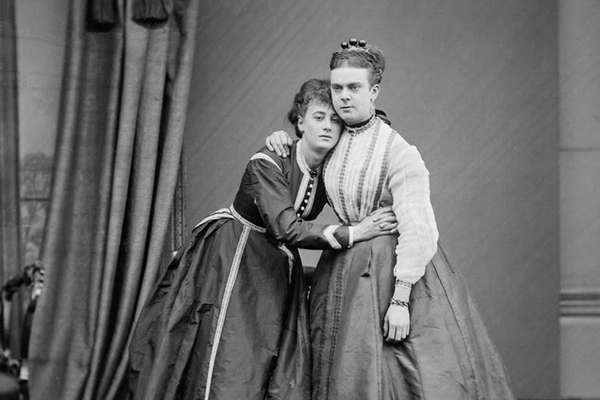
Did you know that the word ‘camp’ was used by members of the LGBTQ+ community as early as 1868?
The story of

Singer and broadcaster Evelyn Dove (1902–1987) achieved a number of firsts including, in 1925, becoming the first woman of African heritage on BBC Radio.
Record revealed
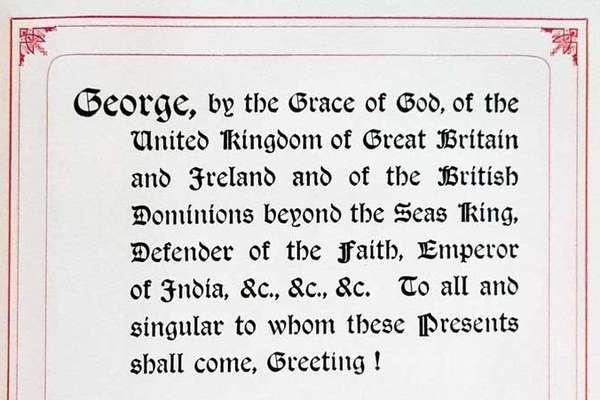
The first Convention for the Safety of Life at Sea was prompted by the sinking of RMS Titanic. Signed in 1914, it established international shipping standards.
Record revealed
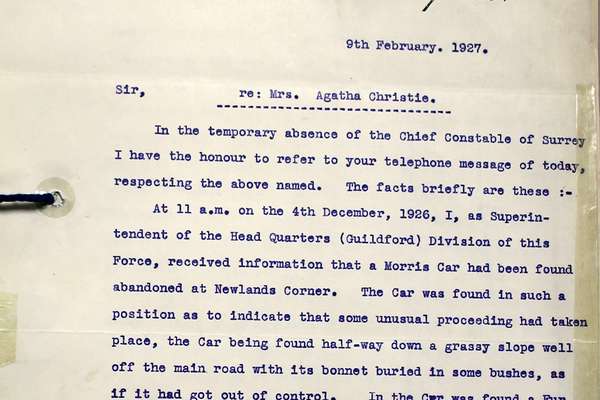
This letter details the circumstances of the strange disappearance of famous author Agatha Christie in 1926.
The story of
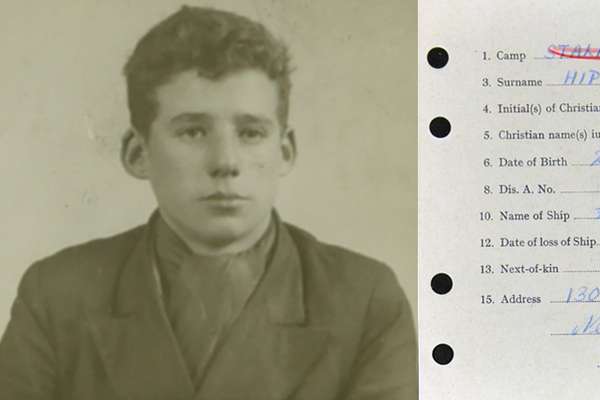
14-year-old cabin boy John Giles Hipkin became Britain's youngest Second World War prisoner of war in 1941 after he was captured at sea.